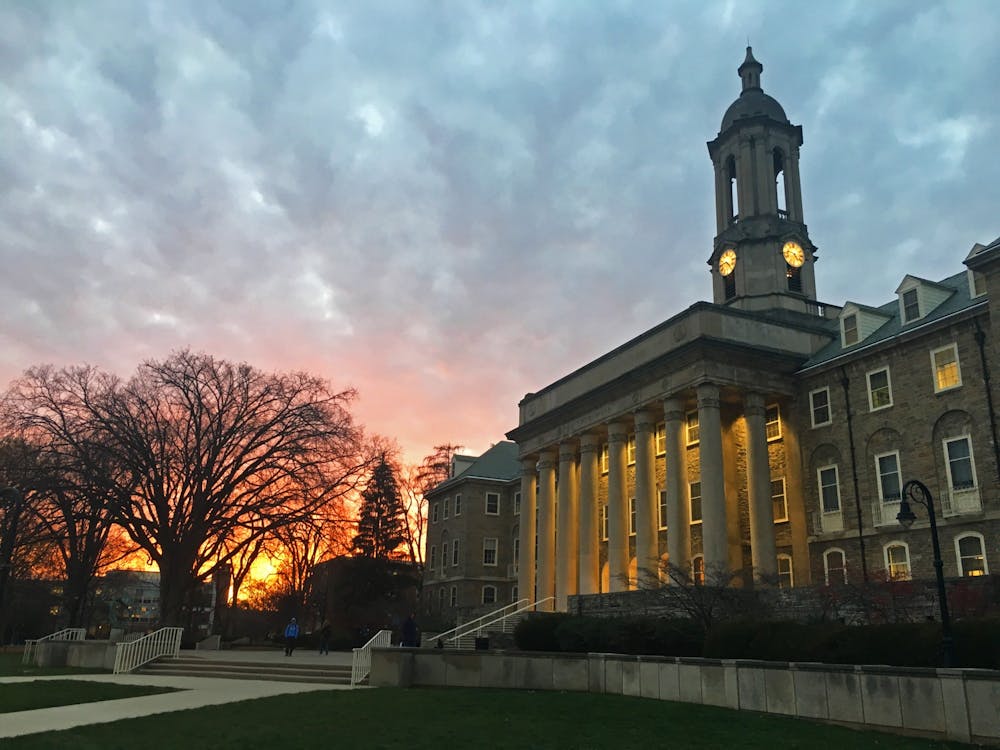
As the coronavirus continues to change higher education, some universities are proposing a tuition freeze for the 2020-2021 academic year.
Temple University, Penn State University, and Rutgers University have recommended a tuition freeze to their respective Boards of Trustees, citing the financial strain the pandemic has been on students and their families. To offset losses that a reduction in tuition revenue will present, these schools have also announced measures to cut costs.
Penn State President Eric Barron announced Thursday that the tuition freeze will be implemented to ease the economic uncertainty associated with the COVID-19 pandemic. If approved, the plan will mark the third consecutive year the university has held tuition rates flat. The plan will be presented to the University’s Board of Trustees in July for approval.
Barron also announced a 3% decrease in the education and general funds budgets, a 50% salary cut for the university’s employees who are out of work, and a delay on capital projects. Barron said he plans to return 10% of his monthly salary to contribute to the university’s employee and student assistance funds. These measures will address the university’s estimated $160 million loss in revenue in the next fiscal year.
Temple University similarly announced plans to freeze tuition rates for the next academic year. The freeze requires the approval from Temple's Board of Trustees, which will meet on May 12.
“With the economy in its current state, we could not in good conscience propose an increase in Temple’s tuition,” Temple President Richard Englert said in the announcement. “Students have had to face many challenges in recent months. A tuition increase should not be one of them.”
Rutgers University President Robert Barchi announced last week that he will recommend a tuition freeze to the University's Board of Governors.
Barchi wrote that a tuition freeze is the "correct action to take to protect our students and their families," but will present a financial strain on the University.
To offset budget losses, Barchi, university chancellors, and executive vice presidents will take a 10% pay cut over the next four months. Other lower-level university administrators will take a 5% pay decrease. Barchi also announced a hiring freeze, a pause on ongoing construction projects, and a suspension of discretionary spending.
Penn announced a budget plan earlier this month that includes a hiring freeze, a reduction of non-essential spending, and a shutdown of capital projects not deemed as “life-sustaining.”
In February, Penn's Board of Trustees approved a 3.9% increase in the cost of attendance. The University’s cost of attendance has increased by nearly 4% every academic year for the past 10 years.
The Daily Pennsylvanian is an independent, student-run newspaper. Please consider making a donation to support the coverage that shapes the University. Your generosity ensures a future of strong journalism at Penn.
Donate



